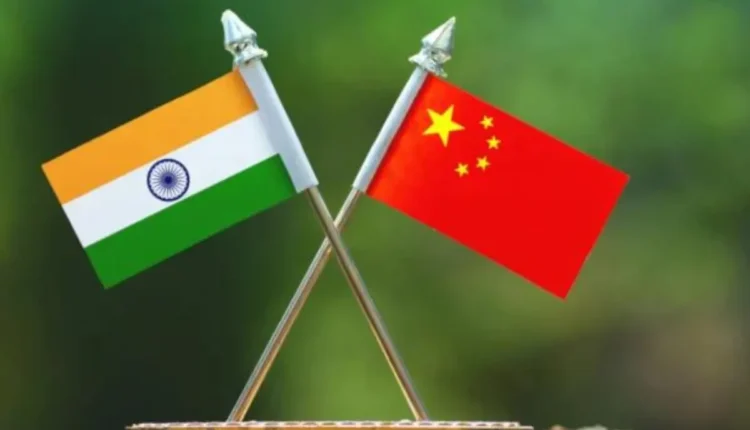India Rejects Free Trade with China, Targets Semiconductor Leadership
India Rejects RCEP (Free Trade) Membership, Focuses on Semiconductor Expansion
India’s Commerce Minister Piyush Goyal recently reaffirmed the country’s decision to abstain from joining the Regional Comprehensive Economic Partnership (RCEP), citing concerns over the impact of a free trade agreement with China.
Goyal made his stance clear in an interview, highlighting that joining the world’s largest trade pact would not align with India’s economic interests, particularly regarding its farmers and small businesses. Instead, India is shifting its focus toward becoming a global semiconductor hub instead of free trade, positioning itself as a “Taiwan Plus One” alternative.
India’s Stand on RCEP (Free Trade): Why No Deal with China?
The RCEP, signed in 2020 and active since 2022, encompasses 15 Asia-Pacific countries, representing 30% of the global GDP. Its members include the 10 ASEAN nations and trading partners such as China, South Korea, Japan, Australia, and New Zealand. Despite early participation in negotiations, India withdrew from the RCEP talks in 2019, pointing to unresolved “core interests.” Goyal’s recent comments offered more clarity on why India continues to stay out of free trade.
“India is not going to join the RCEP because neither did it reflect the guiding principles on which ASEAN was started, nor is it in the nation’s interest to do a free trade agreement with China,” Goyal said. He explained that the RCEP, from India’s perspective, resembled a free trade agreement largely dominated by China. He emphasized that free trade would harm India’s agriculture sector and small and medium enterprises (SMEs), which cannot compete with China’s low-cost goods.
“When you see it from the outside, you don’t realize how difficult it is to compete against a non-transparent economy,” Goyal remarked, referring to China’s economic practices. He also raised concerns about China’s use of the World Trade Organization (WTO) policies, accusing it of flooding markets with cheap goods that often fail to meet quality standards.
Focus on Semiconductors: India’s Strategic Pivot
As India rejects RCEP, it is steering its economic focus towards the semiconductor industry, aiming to position itself as a key player in the global supply chain. Goyal believes India can become a “Taiwan Plus One” semiconductor hub, an alternative destination for companies seeking to diversify beyond Taiwan.
India is actively building its semiconductor ecosystem, preparing for the projected $100 billion demand in semiconductor products by 2030. “We are encouraging the semiconductor industry in a big way. We started building up the ecosystem, which is essential before we can see more and more foundries coming into the country for actual chip manufacturing,” Goyal shared.
This pivot is part of India’s broader strategy to reduce dependency on single-country supply chains, a trend that gained traction globally following the pandemic and geopolitical tensions. India, with its democratic governance, youthful population, and rule of law, offers a stable environment for foreign investments in the semiconductor sector.
Semiconductor Hubs: The Path Forward
In 2024, India has already begun laying the groundwork for its semiconductor ambitions. Prime Minister Narendra Modi inaugurated three semiconductor plants, with another under development. One of the most prominent plants is a joint venture between Tata Electronics and Taiwan’s Powerchip Semiconductor Manufacturing Corp. Located in Dholera, Gujarat, this plant is set to deliver its first batch of semiconductors by 2025-2026.
India’s $10 billion incentive program for semiconductors, approved in 2021, has been instrumental in attracting foreign companies and building partnerships with global semiconductor giants like the U.S. Goyal highlighted the advantages India offers, stating that the nation’s size, vibrant economy, and legal infrastructure make it a “safe harbor” for semiconductor manufacturing.
Also Read:Netflix Under Scrutiny in India for Alleged Visa Violations and Discrimination

